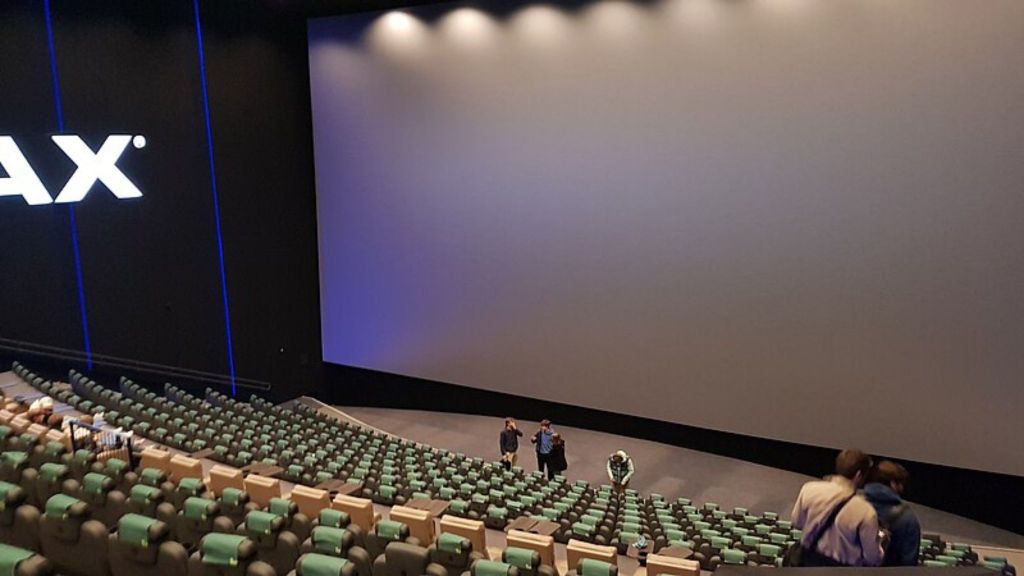A groundbreaking bill proposed by Connecticut State Senator Martin Looney could revolutionize how movie theaters operate by requiring them to list both the pre-show and actual feature start times separately. The legislation, introduced on January 21, 2025, aims to give moviegoers more control over their theater experience by allowing them to skip pre-show content if desired. While major chains like AMC already provide general guidance about pre-show length, this bill would mandate specific timing disclosures for all theaters, potentially disrupting the traditional moviegoing model that has existed for decades. This unprecedented move comes as theaters continue recovering from pandemic-related challenges, with over 3,000 screens estimated to have closed nationwide since 2020.
Videos by ComicBook.com
The proposed legislation arrives at a critical moment for the exhibition industry, which relies heavily on pre-show advertising revenue to maintain operations. Current practices typically include 15-30 minutes of pre-show content, combining traditional advertising with movie trailers and promotional materials. Theater operators argue this period serves multiple purposes beyond generating revenue, including building anticipation for upcoming releases and allowing audiences time to settle in. However, for many patrons, the extended pre-show period has become a point of frustration, especially when considering additional costs like babysitting and dinner reservations that make precise timing more critical.
[RELATED: These Are the Greatest Trailers Ever for Bad Movies]
To make the situation even more complicated, independent theater owners have expressed serious concerns about the bill’s potential impact on their business model. Many small venues operate on thin margins and depend heavily on advertising revenue to remain viable. The proposed transparency requirements could discourage advertising partners and threaten this crucial revenue stream, particularly affecting small theaters already struggling to compete with larger chains and streaming services.
The Hidden Economics of Movie Theater Operations

Running a modern movie theater involves astronomical costs that most viewers never consider. Digital projectors can cost up to $150,000 per screen, while regular maintenance, including bulb replacements and technical support, adds thousands in monthly expenses. Pre-show advertising helps offset these operational costs, with many theaters operating on razor-thin margins from ticket sales alone. Because of that, the traditional model of combined advertising and trailers has historically provided a crucial financial buffer while serving the dual purpose of marketing upcoming releases.
The industry’s current challenges extend beyond just operational costs. Theaters face increasing competition from streaming services, which offer instant gratification without pre-show content. However, exhibitors argue that the theatrical experience, including the anticipatory period before a film, creates a unique communal atmosphere that streaming cannot replicate. Then again, over the past decade, the number of ads unrelated to movies added to pre-shows has become almost unbearable for the average moviegoer, justifying the legislation.
The long-term implications of this legislation could extend far beyond Connecticut’s borders. If approved, it might inspire similar measures in other states, potentially forcing a nationwide rethinking of the theatrical exhibition model. While increased transparency could benefit consumers in the short term, the resulting pressure on advertising revenue might accelerate the ongoing consolidation within the exhibition industry, potentially leaving fewer independent theaters operating in an already challenged market.
How do you feel about the legislation? Would you skip the pre-show if you were given the option? How do you think movie theaters, especially independent ones, can change their business structure regarding advertising? Join the discussion in the comments!








